Focus Your Search
Click on the tabs below to guide your initial search. Use filters to expand or scale down the results for each category.

Click on the tabs below to guide your initial search. Use filters to expand or scale down the results for each category.
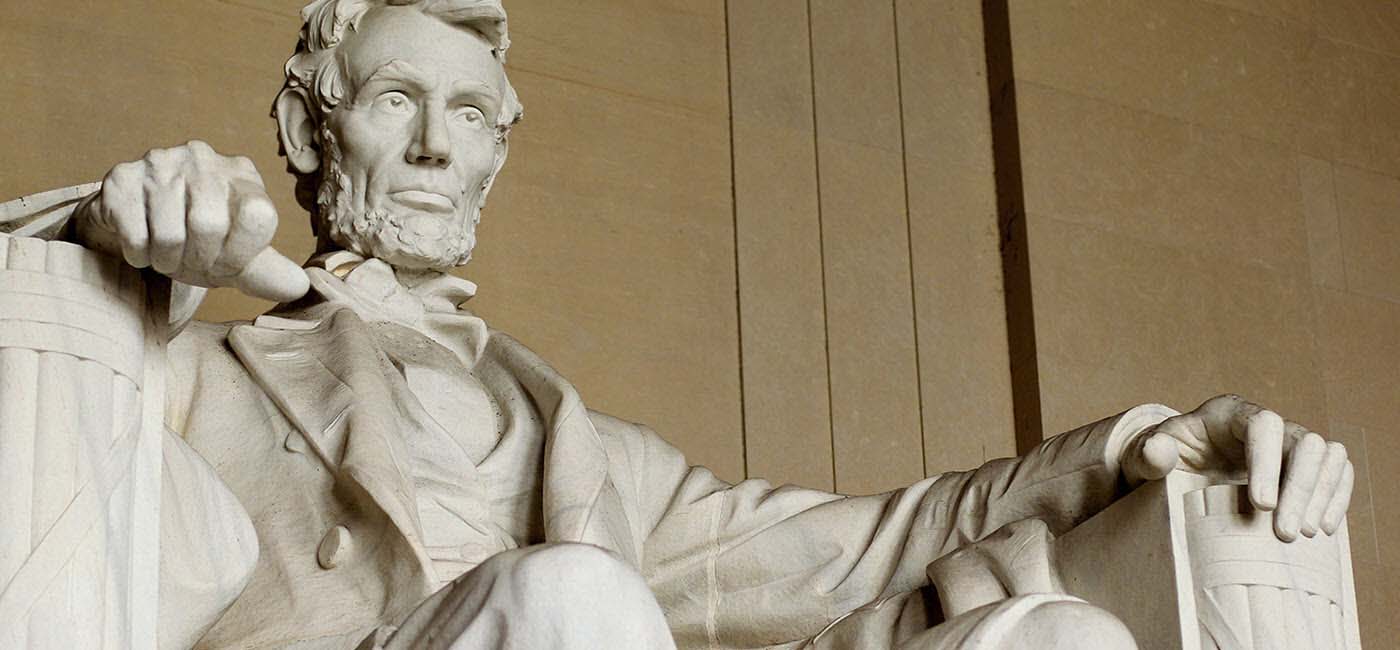
Library resource that provides periodical content covering events in U.S. history as well as scholarly work established in the field.

Strategically prepare your voting patrons for an upcoming election that has your library's budget on the ballot.

Gale OneFile: Criminal Justice
Informs the research process for those studying law, law enforcement, terrorism, homeland security, forensic science, and more.
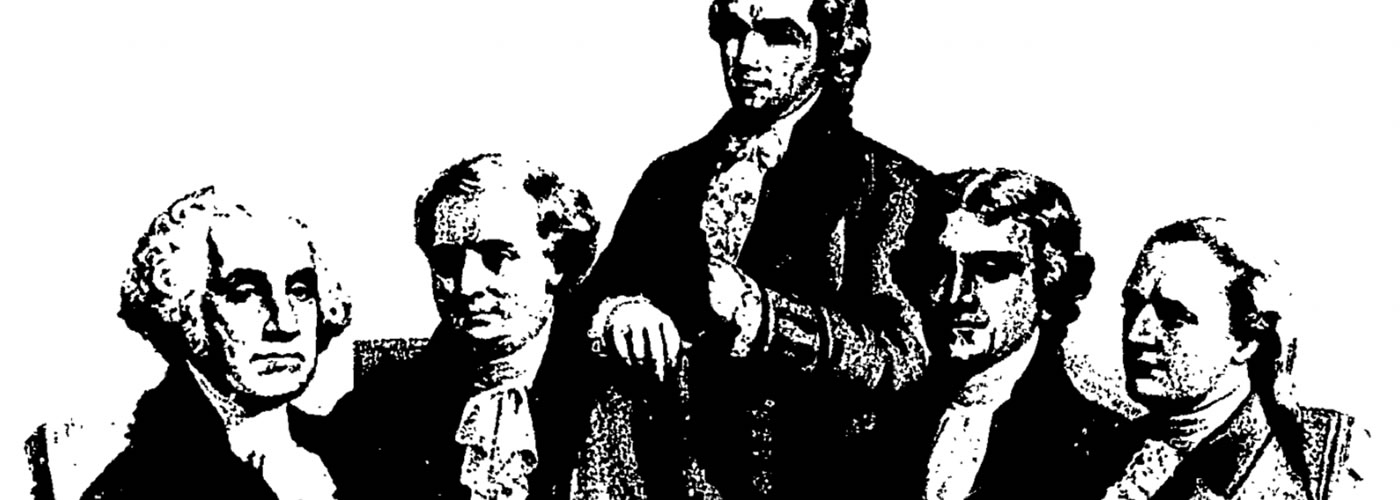
The Making of Modern Law: Legal Treatises, 1800-1926
A comprehensive road map to US and British law, this resource opens up a wealth of hidden or previously inaccessible sources from the nineteenth and early twentieth centuries to scholars and students. It covers a watershed period of legal development and is the world's most comprehensive full-text collection of Anglo-American legal treatises.

Our largest general-interest periodical resource allows users to find the information they want quickly, with intuitive searching that ensures they tap into quality sources.
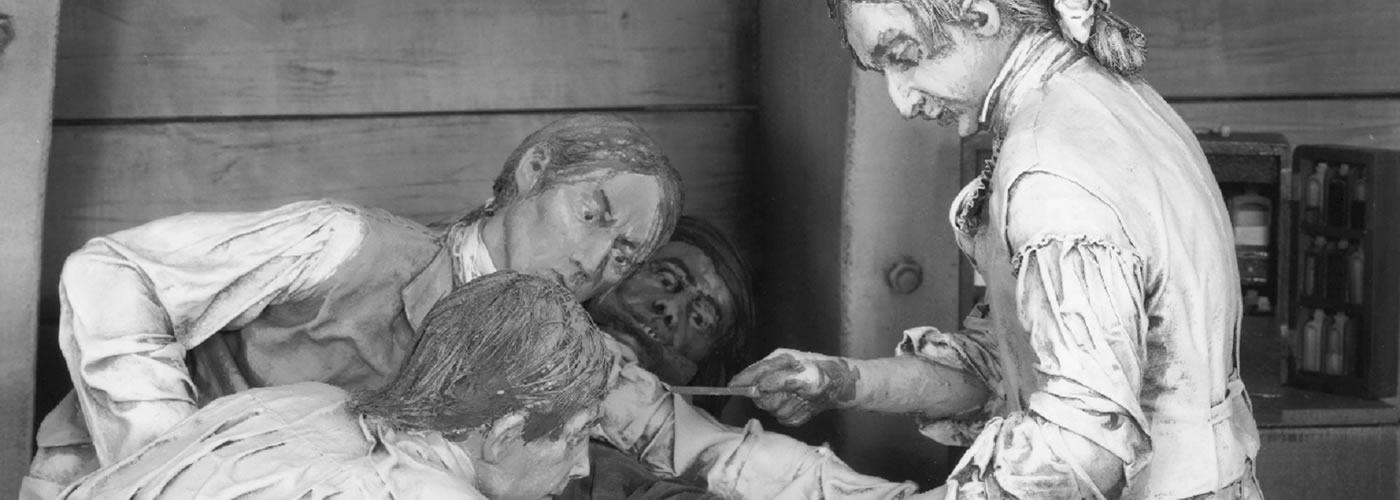
Nineteenth Century Collections Online: Science, Technology, and Medicine, Part II
Science, Technology, and Medicine, Part II expands subject coverage in Part I, gathering together periodicals and monographs from renowned sources and providing a global view of science and technology from a critical era of scientific development.

Gale Business: DemographicsNow
Connects users with timely, actionable market research for small business communities as well as demographic, psychographic, and consumer insights in targeted geographic locations to support business- planning activities.

With the Gale OneFile: Science, researchers can remain current with the latest scientific developments in particle physics, advanced mathematics, nanotechnology, geology, and hundreds of other areas.

Connect students to the information they’re looking for with tools that make discovery fast and easy. This premier periodical resource provides millions of articles from over 17,000 scholarly journals and other authoritative sources.

Provides the most-requested Canadian reference information available on a bilingual interface (English/French), indexing from 1980 forward, full-text articles from 1983 forward.

Records of the U.S. Information Service in China: Chinese Press Reviews and Summaries, 1944-1950
This U.S. Information Service collection is a compilation of the Chinese press and translations of radio broadcasts from the the Civil War period, which provides a unique opportunity to understand immediate post-World War II Chinese history, comparative revolution, and early Cold War history. The combination of smaller press collections weave together the strands of military, social, political, and free world history, and includes an analysis of how the Chinese Communist Party achieved victory in the Chinese civil war of 1946-1950.

FBI File: Hollywood and J. Edgar Hoover: Investigations of Actors and Directors
J. Edgar Hoover (1895-1972), the first director of the Federal Bureau of Investigation, held longstanding interest in the Hollywood film industry as well as deep distrust of anyone on the political left. In August 1942 he ordered the bureau’s Los Angeles office to report on Communist activities of various motion picture personalities, including actors, directors, producers, and writers. The FBI's investigation of Hollywood revealed a growing operation organized in the early 1940s, and after the Second World War the investigation evolved into a sophisticated operation. Between 1944 and 1954 agents conducted extensive surveillance of suspected Communists, “left-wingers,” and “fellow travelers,” and assembled information used by the House Un-American Activities Committee (HUAC) in an effort to purge Hollywood of Communist influence. This publication contains reporting from informers, such as Ronald Reagan, president of the Screen Actors Guild; data on influential figures; and FBI "reviews" of mainstream films that were believed to contain Communist propaganda. Documentation includes: FBI surveillance and informant reports; Justice Department and FBI memoranda, correspondence, and analyses; news clippings and articles; excerpts from HUAC hearings; briefing papers; speech excerpts; and transcripts of conversations. Subjects include: Lucille Ball; Humphrey Bogart; Bertolt Brecht; James Cagney; Charles Chaplin; Jules Dassin; Walt Disney; Howard Fast; Lillian Hellman; Danny Kaye; Gene Kelley; Peter Lorre; Groucho Marx; Vincent Prince; Edward G. Robinson; James Stewart; Gloria Swanson; and others. This collection comprises the FOIA files related to a variety of subjects under FBI surveillance due to their alleged Communist or “fellow traveler” activities. It does not include the files related to the Hollywood Ten.

Provides a comprehensive view of current and authoritative periodical content that spans the agriculture industry--from practical aspects of farming to scientific research in horticulture.
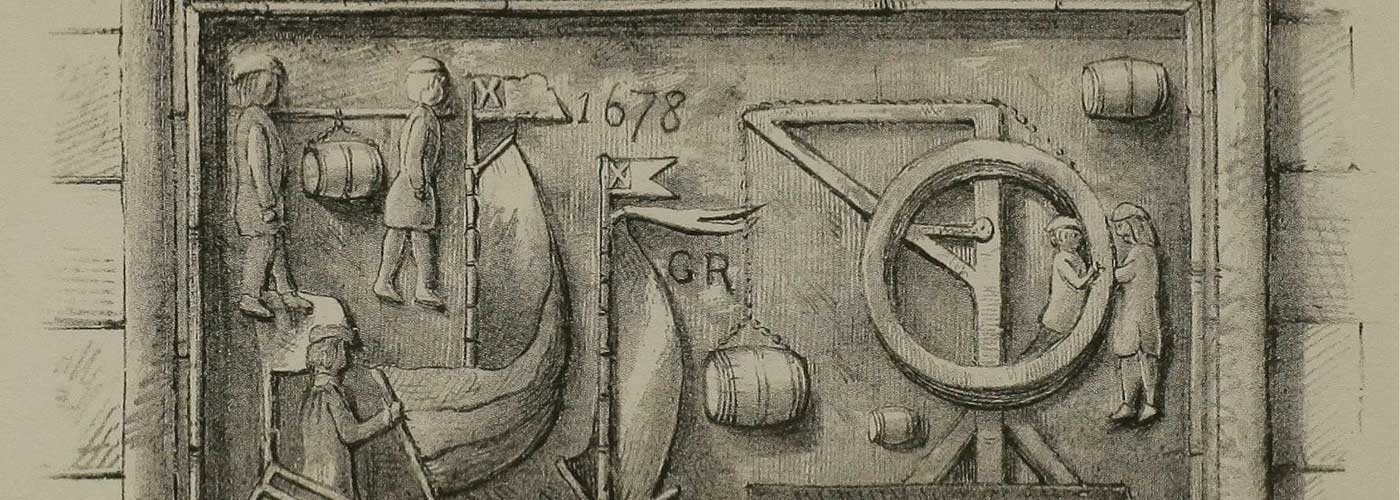
The Making of the Modern World: Part IV offers definitive coverage of the “Age of Capital,” the industrial revolution, and the High Victorian Era, when the foundations of modern-day capitalism and global trade were established. The collection includes hard-to-reach formats such as plans and pamphlets. This technically challenging material is now surfacing and offering original study resources to researchers.

Gale Presents: National Geographic Virtual Library National Geographic Magazine Archive, 1888-2020
With comprehensive, timely articles and legendary photos, this award-winning magazine documents life on our planet and beyond. Provide your students with over one hundred years of history through articles on culture, global events, nature, science, technology, anthropology, geography, and the environment, as well as gripping first-person accounts of epic exploration and discovery.

A continuation of National Geographic Magazine Archive, 1888-2015, its companion archive, National Geographic Magazine Archive, 2020-Current includes every article of National Geographic magazine from 2020 through current issues -- search the vivid photographs and historic articles as well as engaging videos and detailed maps.
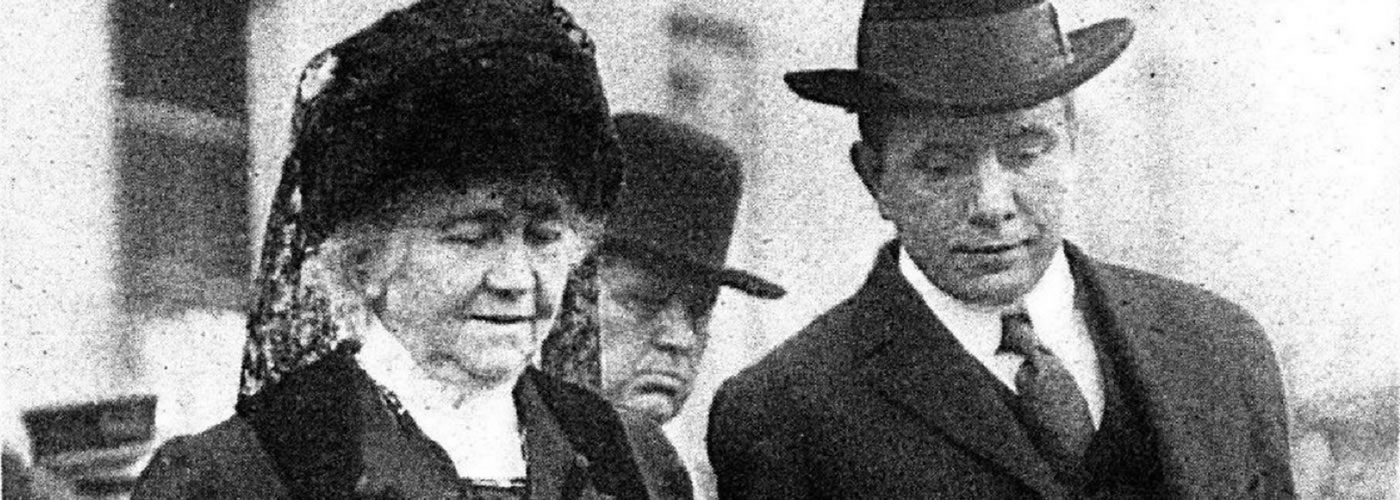
The Making of Modern Law: Trials, 1600-1926
Tracing the details of the courtroom dramas that rocked America, the British Empire, and the world, this archive provides unofficially published accounts of trials; official trial documents, and official records of legislative proceedings, administrative proceedings, and arbitration sessions. It is the world's most complete full-text collection of American and British trials.

The Independent Historical Archive, 1986–2012
The Independent Historical Archive, 1986–2012 covers the full run of the newspaper from its very first issue until 2016. Through an intuitive interface and multiple search paths, users can search, retrieve, and browse every article, page, and edition of the newspaper, gaining insight into this crucial period of twentieth- and twenty-first-century culture and society and how the media represented it.

During World War II, Czechoslovakia disappeared from the map of Europe. The re-emergence of Czechoslovakia as a sovereign state was not only the result of Allied policies but also an indication of the strength of the Czechoslovak idea. But Czechoslovakia now found itself within the Soviet sphere of influence—a fact that had to be taken into account in any postwar reconstruction.

Franklin D. Roosevelt, "The Great Communicator," the Master Speech Files, 1898, 1910-1945, Series 1
Franklin Delano Roosevelt began his first presidential term riding a tidal wave of public support. In the 1932 election, he crushed Herbert Hoover and carried the Democrats to a solid majority in Congress. Following his inauguration, legislators gave Roosevelt unprecedented authority to remake the American presidency. The simultaneous rise in popularity of radio and FDR's political fortune is an interesting historical twist of fate. Radio brought news alive, but left people free to create images in their imaginations. FDR's distinctive voice and jollity flowed into people's homes. His disability was invisible. Radio helped make this possible. Through this means of mass communication, FDR could convey his ideas effectively, sitting in his estate in Hyde Park, New York, or in the White House. Because FDR was such a masterful communicator, he was able to use his speeches, press conferences, and radio broadcasts, to shape American history. Evidence of FDR's successful use of the spoken word is widespread. The power of his "Day of Infamy" speech led the nation to unite behind the President's call to war, and his fireside chats gained him support from the people for innovative and controversial social programs. The other was his relationship with the public. As with any successful politician, FDR's power came from the people. Radio provided him with a direct link to his voting public and the next generation of voters. His use of radio helped him win people's hearts. Historians still debate FDR's true significance in history--saint or manipulator, or somewhere in between. However, Franklin Roosevelt was the Great Communicator, and his impact on America resonates even today.